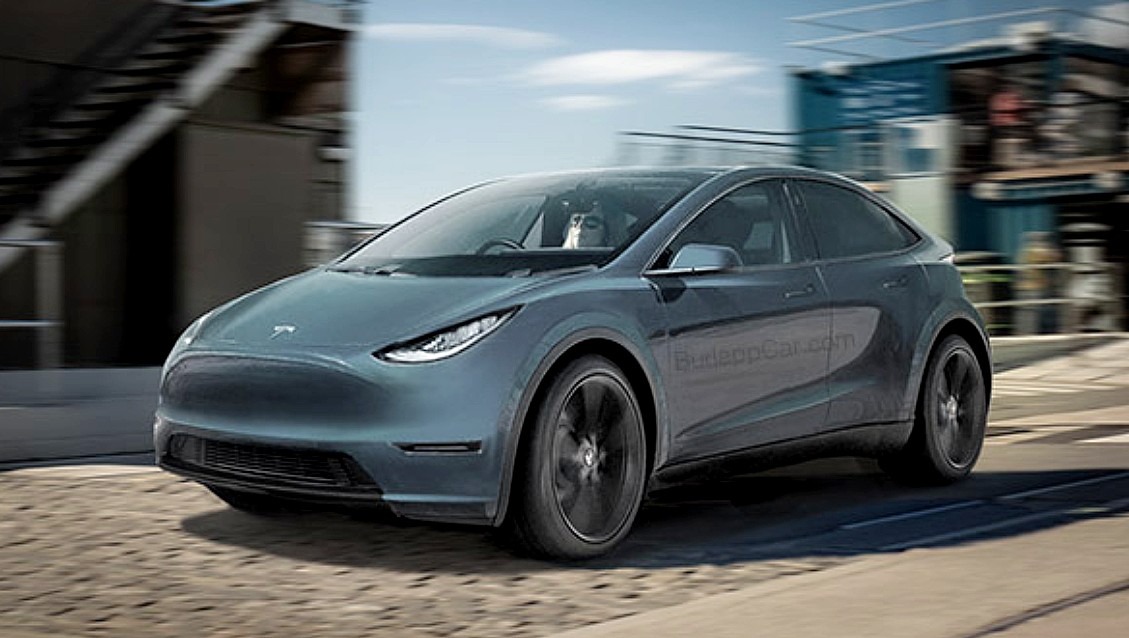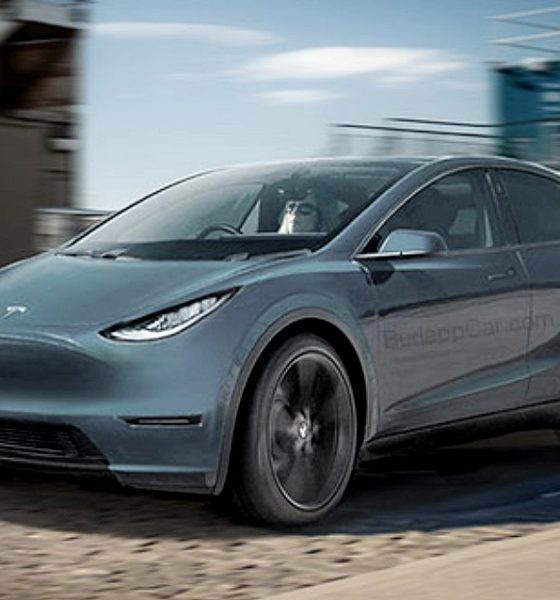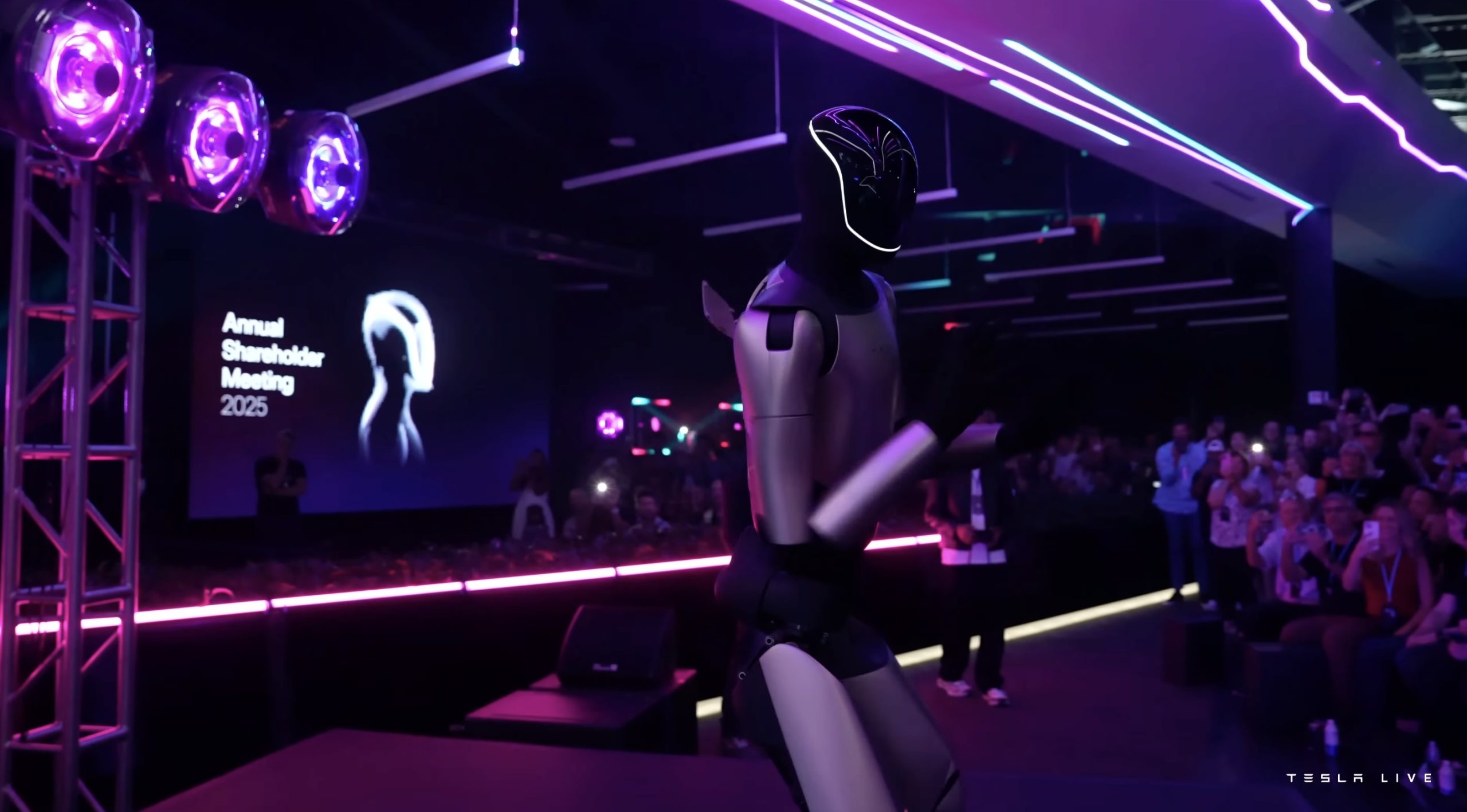

News
Tesla’s $25K car will force EV rivals to make painful sacrifices: industry experts
Industry experts from South Korea have noted that Tesla’s upcoming $25,0000 vehicle, which is expected to debut in about three years, will likely force the hand of the company’s domestic rivals. With such a vehicle in the market, automakers like Hyundai and Kia would have to come up with comparably-priced electric cars that could compete with Tesla in terms of price and features. Such initiatives would require vast resources to pull off.
In a statement to The Korea Bizwire, the industry experts noted that local EV manufacturers would likely need about four or five years to come up with a vehicle that’s on par with Tesla’s $25,000 car. Elon Musk has noted that the $25,000 Tesla will still feature great performance and tech like the company’s existing S3XY vehicle lineup. That’s a pretty high bar for rivals to meet, considering Tesla’s battery and tech advantage.
Current average market prices of EVs in South Korea excluding subsidies range between 45.6-48.8 million won (about $38,900-$41,600) for medium-sized models and about 39.2 million to 41.7 million won for smaller cars. With this in mind, the idea of a premium EV priced below 30 million won would likely be possible only if South Korean battery makers like LG Chem decide to match their prices with Tesla.
If domestic battery suppliers are unable to offer this, countries like South Korea would likely have to deal with an EV market that’s dominated by Tesla’s $25,000 car. In a statement to the publication, Lee Hang-gu, a senior researcher at the Korea Automotive Technology Institute, noted that companies like Hyundai, which already have an EV program, could see losses if they cut production costs to a level that matches Tesla.
“Hyundai Motor will lose 12 trillion won if domestic car makers cut production costs by 30 to 40 percent to compete with Tesla,” Lee said.
The upcoming arrival of Tesla’s $25,000 car may end up fostering innovation among its domestic rivals as well. Kwon Soon-woo, a researcher at SK Securities Co, explained that local electric car makers could catch up to Tesla’s price and level, but the automakers would have to sacrifice their profits in exchange for rapid technical breakthroughs in the coming years. But even then, Tesla’s $25,000 vehicle would still likely beat its rivals to market.
“If automakers sacrifice profits in exchange for a breakthrough in the market, EVs that cost less than 30 million won may be available in four to five years,” Kwon said.
Tesla’s $25,000 car has captured the interest of the EV market simply because such a vehicle could effectively transform Tesla into one of the most dominant automakers in the industry. With its price, Tesla would be able to cater to a much wider demographic than before, allowing the company to render even affordable ICE cars irrelevant. Such a vehicle may very well be successful in locations like South Korea and other surrounding Asian countries where affordable, practical vehicles are preferred.

Investor's Corner
Tesla gets tip of the hat from major Wall Street firm on self-driving prowess
“Tesla is at the forefront of autonomous driving, supported by a camera-only approach that is technically harder but much cheaper than the multi-sensor systems widely used in the industry. This strategy should allow Tesla to scale more profitably compared to Robotaxi competitors, helped by a growing data engine from its existing fleet,” BoA wrote.

Tesla received a tip of the hat from major Wall Street firm Bank of America on Wednesday, as it reinitiated coverage on Tesla shares with a bullish stance that comes with a ‘Buy’ rating and a $460 price target.
In a new note that marks a sharp reversal from its neutral position earlier in 2025, the bank declared Tesla’s Full Self-Driving (FSD) technology the “leading consumer autonomy solution.”
Analysts highlighted Tesla’s camera-only architecture, known as Tesla Vision, as a strategic masterstroke. While technically more challenging than the multi-sensor setups favored by rivals, the vision-based approach is dramatically cheaper to produce and maintain.
This cost edge, combined with Tesla’s rapidly expanding real-world data engine, positions the company to scale robotaxis far more profitably than competitors, BofA argues in the new note:
“Tesla is at the forefront of autonomous driving, supported by a camera-only approach that is technically harder but much cheaper than the multi-sensor systems widely used in the industry. This strategy should allow Tesla to scale more profitably compared to Robotaxi competitors, helped by a growing data engine from its existing fleet.”
The bank now attributes roughly 52% of Tesla’s total valuation to its Robotaxi ambitions. It also flagged meaningful upside from the Optimus humanoid robot program and the fast-growing energy storage business, suggesting the auto segment’s recent headwinds, including expired incentives, are being eclipsed by these higher-margin opportunities.
Tesla’s own data underscores exactly why Wall Street is waking up to FSD’s potential. According to Tesla’s official safety reporting page, the FSD Supervised fleet has now surpassed 8.4 billion cumulative miles driven.
Tesla FSD (Supervised) fleet passes 8.4 billion cumulative miles
That total ballooned from just 6 million miles in 2021 to 80 million in 2022, 670 million in 2023, 2.25 billion in 2024, and a staggering 4.25 billion in 2025 alone. In the first 50 days of 2026, owners added another 1 billion miles — averaging more than 20 million miles per day.
This avalanche of real-world, camera-captured footage, much of it on complex city streets, gives Tesla an unmatched training dataset. Every mile feeds its neural networks, accelerating improvement cycles that lidar-dependent rivals simply cannot match at scale.
Tesla owners themselves will tell you the suite gets better with every release, bringing new features and improvements to its self-driving project.
The $460 target implies roughly 15 percent upside from recent trading levels around $400. While regulatory and safety hurdles remain, BofA’s endorsement signals growing institutional conviction that Tesla’s data advantage is not hype; it’s a tangible moat already delivering billions of miles of proof.
News
Tesla to discuss expansion of Samsung AI6 production plans: report
Tesla has reportedly requested an additional 24,000 wafers per month, which would bring total production capacity to around 40,000 wafers if finalized.

Tesla is reportedly discussing an expansion of its next-generation AI chip supply deal with Samsung Electronics.
As per a report from Korean industry outlet The Elec, Tesla purchasing executives are reportedly scheduled to meet Samsung officials this week to negotiate additional production volume for the company’s upcoming AI6 chip.
Industry sources cited in the report stated that Tesla is pushing to increase the production volume of its AI6 chip, which will be manufactured using Samsung’s 2-nanometer process.
Tesla previously signed a long-term foundry agreement with Samsung covering AI6 production through December 31, 2033. The deal was reportedly valued at about 22.8 trillion won (roughly $16–17 billion).
Under the existing agreement, Tesla secured approximately 16,000 wafers per month from the facility. The company has reportedly requested an additional 24,000 wafers per month, which would bring total production capacity to around 40,000 wafers if finalized.
Tesla purchasing executives are expected to discuss detailed supply terms during their visit to Samsung this week.
The AI6 chip is expected to support several Tesla technologies. Industry sources stated that the chip could be used for the company’s Full Self-Driving system, the Optimus humanoid robot, and Tesla’s internal AI data centers.
The report also indicated that AI6 clusters could replace the role previously planned for Tesla’s Dojo AI supercomputer. Instead of a single system, multiple AI6 chips would be combined into server-level clusters.
Tesla’s semiconductor collaboration with Samsung dates back several years. Samsung participated in the design of Tesla’s HW3 (AI3) chip and manufactured it using a 14-nanometer process. The HW4 chip currently used in Tesla vehicles was also produced by Samsung using a 5-nanometer node.
Tesla previously planned to split production of its AI5 chip between Samsung and TSMC. However, the company reportedly chose Samsung as the primary partner for the newer AI6 chip.
Elon Musk
Elon Musk: Tesla could be first to build AGI in humanoid form
Musk’s statement was shared in a post on social media platform X.

Elon Musk predicted that Tesla could become one of the developers of Artificial General Intelligence (AGI) in humanoid form. Musk’s statement was shared in a post on social media platform X.
In his post, Musk stated that “Tesla will be one of the companies to make AGI and probably the first to make it in humanoid/atom-shaping form.”
The comment comes as Tesla expands development of its Optimus humanoid robot.
During Tesla’s Q4 earnings report, Elon Musk stated that production of the Model S and Model X would be phased out at its Fremont, California, facility. The vehicles’ production line will then be converted to a pilot line for Optimus. Tesla is looking to produce 1 million units of the humanoid robots annually to start.
Musk has previously stated that Optimus could eventually function as a von Neumann probe. The concept, proposed by mathematician John von Neumann, describes a machine capable of replicating itself using planetary resources and sending those replicas to other worlds.
Optimus would likely only be able to achieve this potential if it manages to achieve Artificial General Intelligence.
Other leaders in the AI sector have also expressed strong expectations about AGI’s potential. Demis Hassabis, CEO of Google DeepMind, recently spoke about the technology at the India AI Impact Summit 2026, as noted in a Benzinga report.
“It’s going to be something like ten times the impact of the Industrial Revolution, but happening at ten times the speed,” Hassabis said.
Elon Musk’s recent comments about Tesla producing a product with AGI could hint at further collaboration among his companies. So far, Tesla is actively pursuing autonomous driving, but it is xAI that is pursuing AGI with its Grok program.
Considering that Elon Musk mentioned a Tesla humanoid product with AGI, it appears that an Optimus robot running xAI’s AI models could become a reality.
xAI had recently merged with SpaceX, though reports suggest that Elon Musk is also considering an even bigger merger for all his companies, including Tesla.








